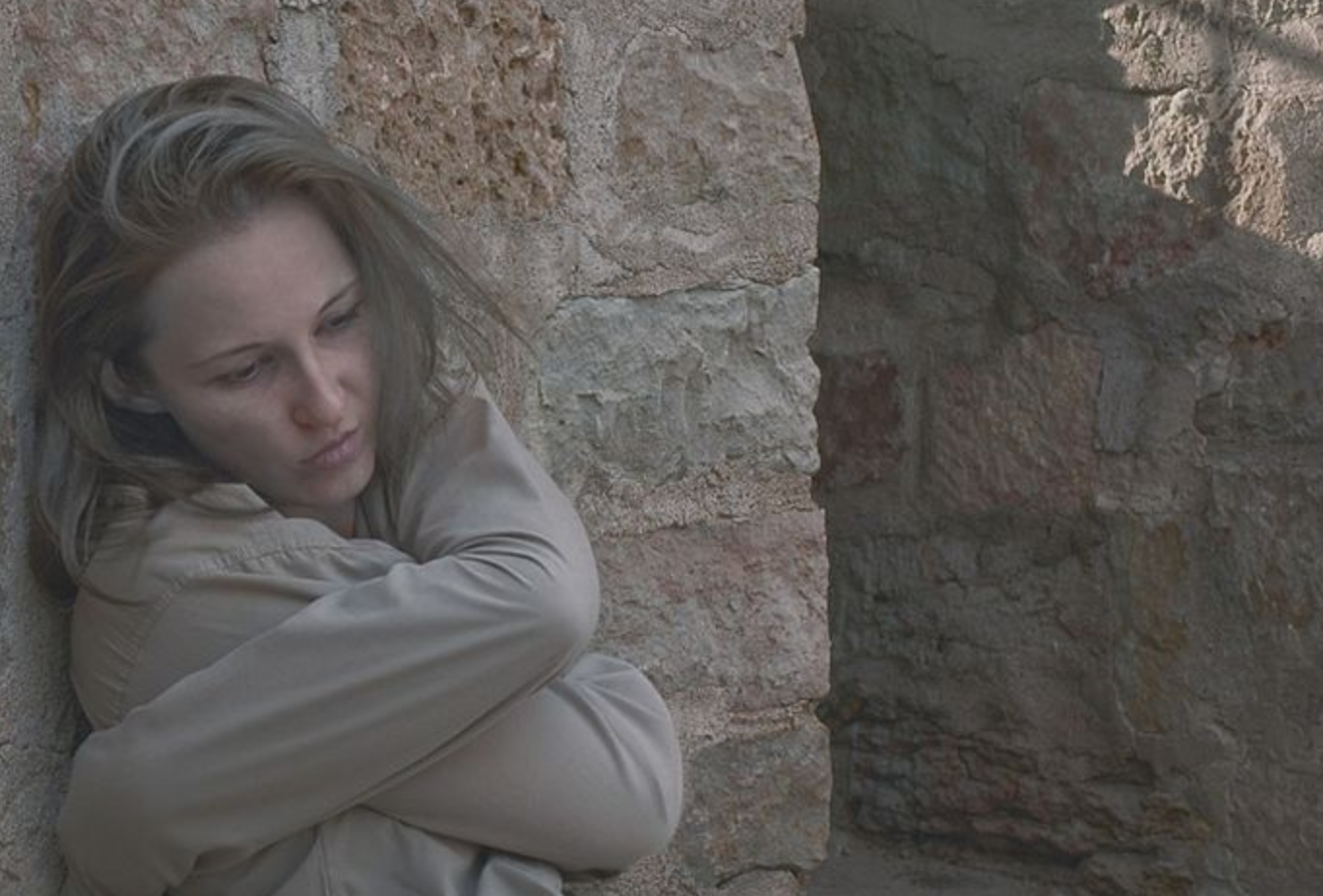 Chapter 1.
Chapter 1.
How our fifth combat is against the spirit of despondency, and of the harm which it inflicts upon the soul.
In our fifth combat we have to resist the pangs of gnawing despondency: For if this, through separate attacks made at random, and by haphazard and casual changes, has secured an opportunity of gaining possession of our mind it keeps us back at all times from all insight in divine contemplation, and utterly ruins and depresses the mind that has fallen away from its complete state of purity. It does not allow it to say its prayers with its usual gladness of heart, nor permit it to rely on the comfort of reading the sacred writings, nor suffer it to be quiet and gentle with the brethren; it makes it impatient and rough in all the duties of work and devotion: and, as all wholesome counsel is lost, and steadfastness of heart destroyed, it makes the feelings almost mad and drunk, and crushes and overwhelms them with penal despair.

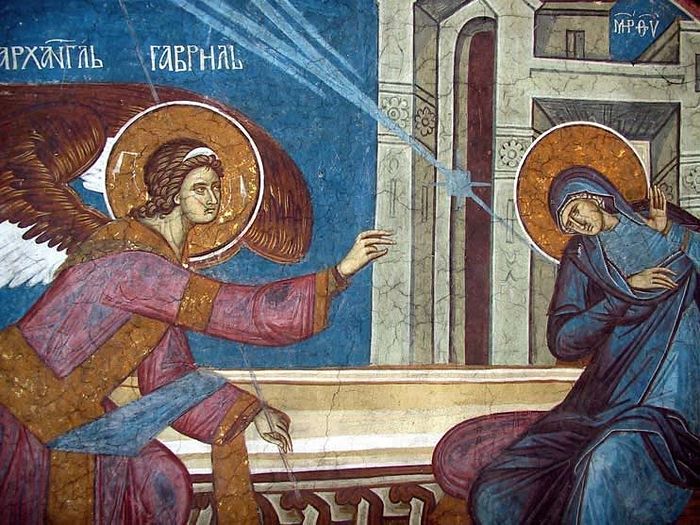 And, behold, thou shalt conceive in thy womb,and bring forth a son,
And, behold, thou shalt conceive in thy womb,and bring forth a son,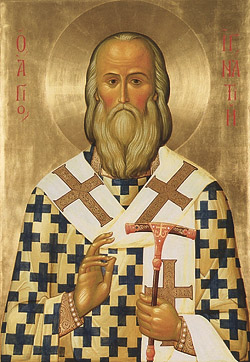 Whosoever will come after me, let him deny himself, and take up his cross, and follow me (Mk. 8:34), said the Lord to his disciples, calling them unto Him, as we heard today in the Gospels.
Whosoever will come after me, let him deny himself, and take up his cross, and follow me (Mk. 8:34), said the Lord to his disciples, calling them unto Him, as we heard today in the Gospels.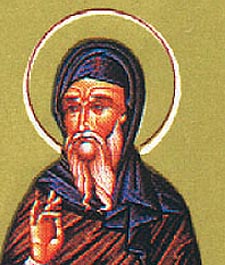 Saint Simeon the New Theologian was born in the year 949 in the city of Galatea (Paphlagonia), and he was educated at Constantinople. His father prepared him for a career at court, and for a certain while the youth occupied a high position at the imperial court. When he was fourteen, he met the renowned Elder Simeon the Pious at the Studion Monastery, who would be a major influence in his spiritual development. He remained in the world for several years preparing himself for the monastic life under the Elder’s guidance, and finally entered the monastery at the age of twenty-seven.
Saint Simeon the New Theologian was born in the year 949 in the city of Galatea (Paphlagonia), and he was educated at Constantinople. His father prepared him for a career at court, and for a certain while the youth occupied a high position at the imperial court. When he was fourteen, he met the renowned Elder Simeon the Pious at the Studion Monastery, who would be a major influence in his spiritual development. He remained in the world for several years preparing himself for the monastic life under the Elder’s guidance, and finally entered the monastery at the age of twenty-seven.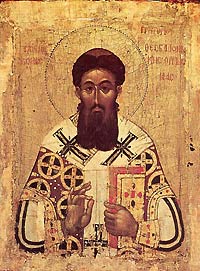 St. Gregory Palamas, one of the pillars of Orthodoxy, was born in 1296, probably to a noble Anatolian family in Constantinople. He and his brother went to Mount Athos in around
St. Gregory Palamas, one of the pillars of Orthodoxy, was born in 1296, probably to a noble Anatolian family in Constantinople. He and his brother went to Mount Athos in around 